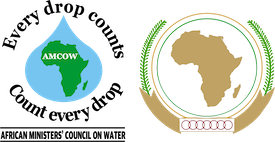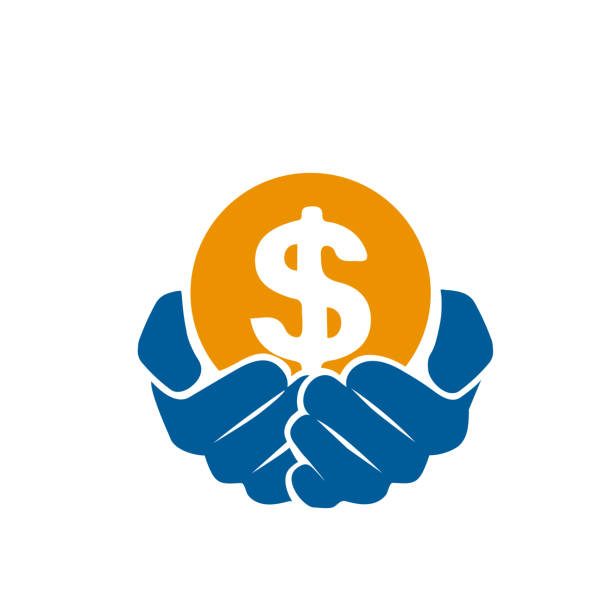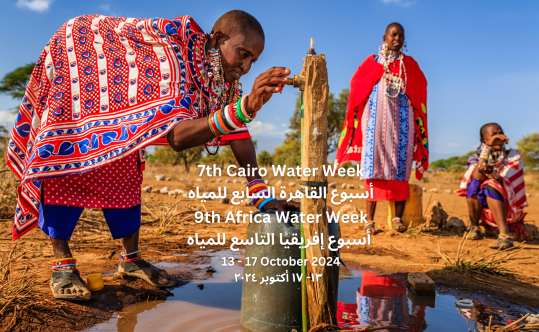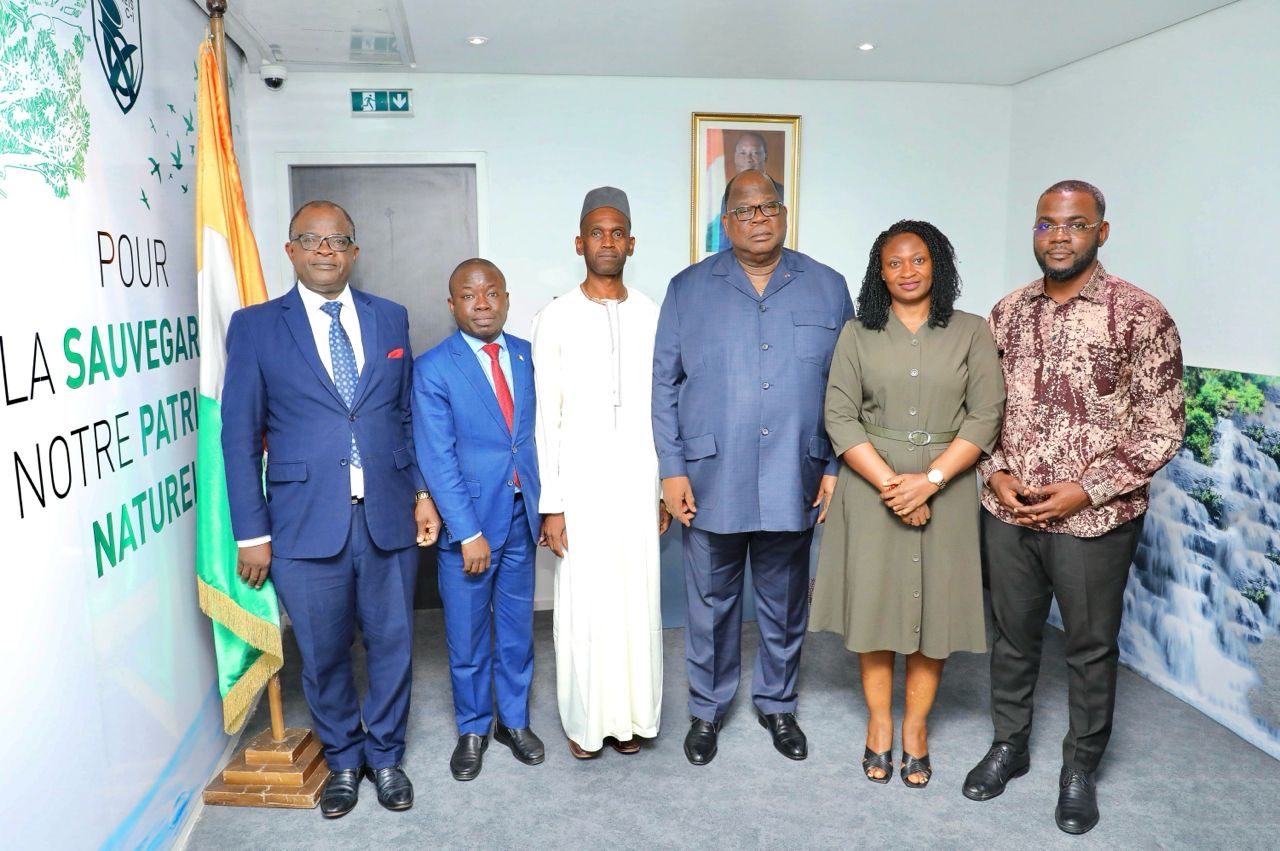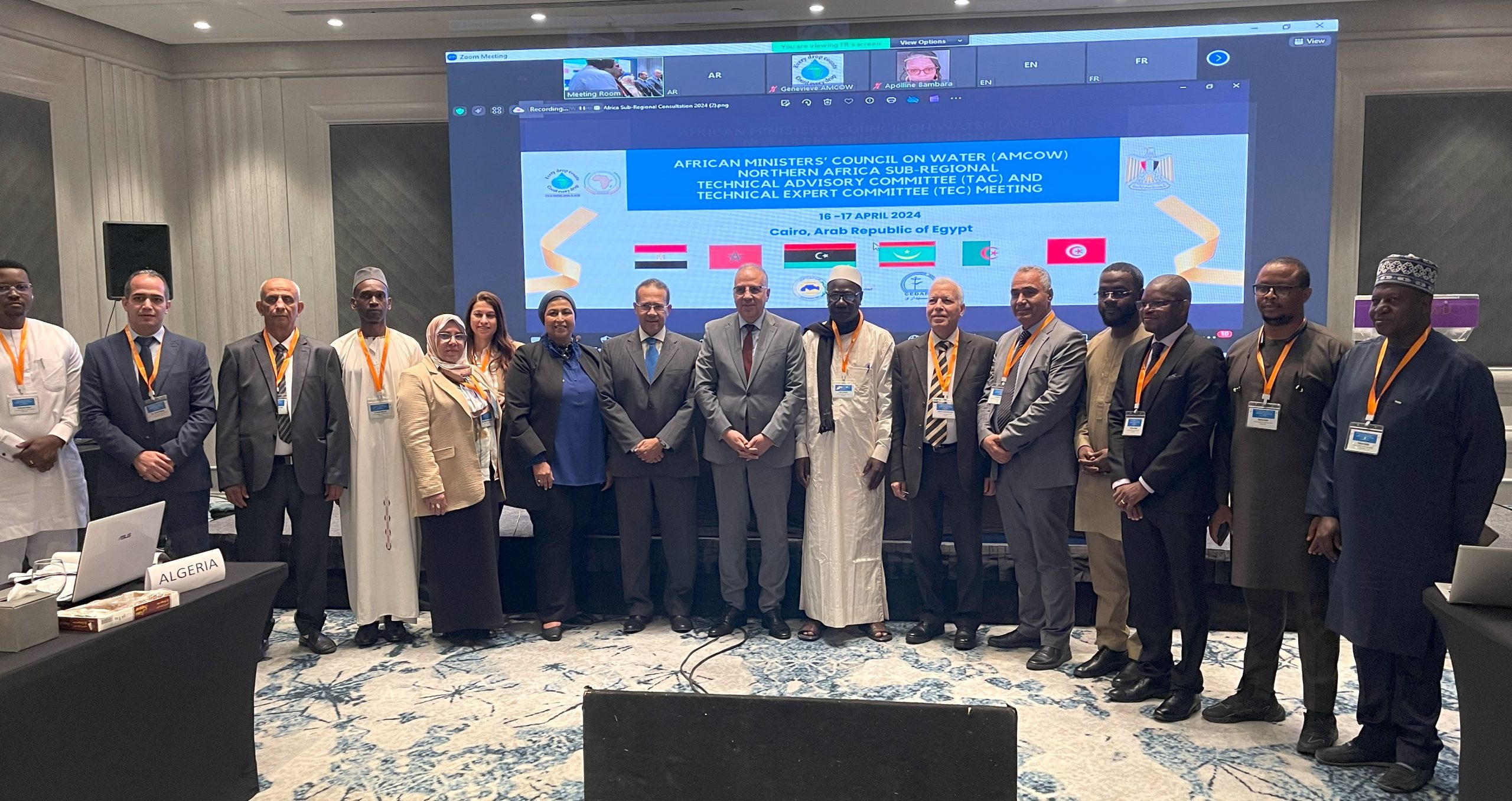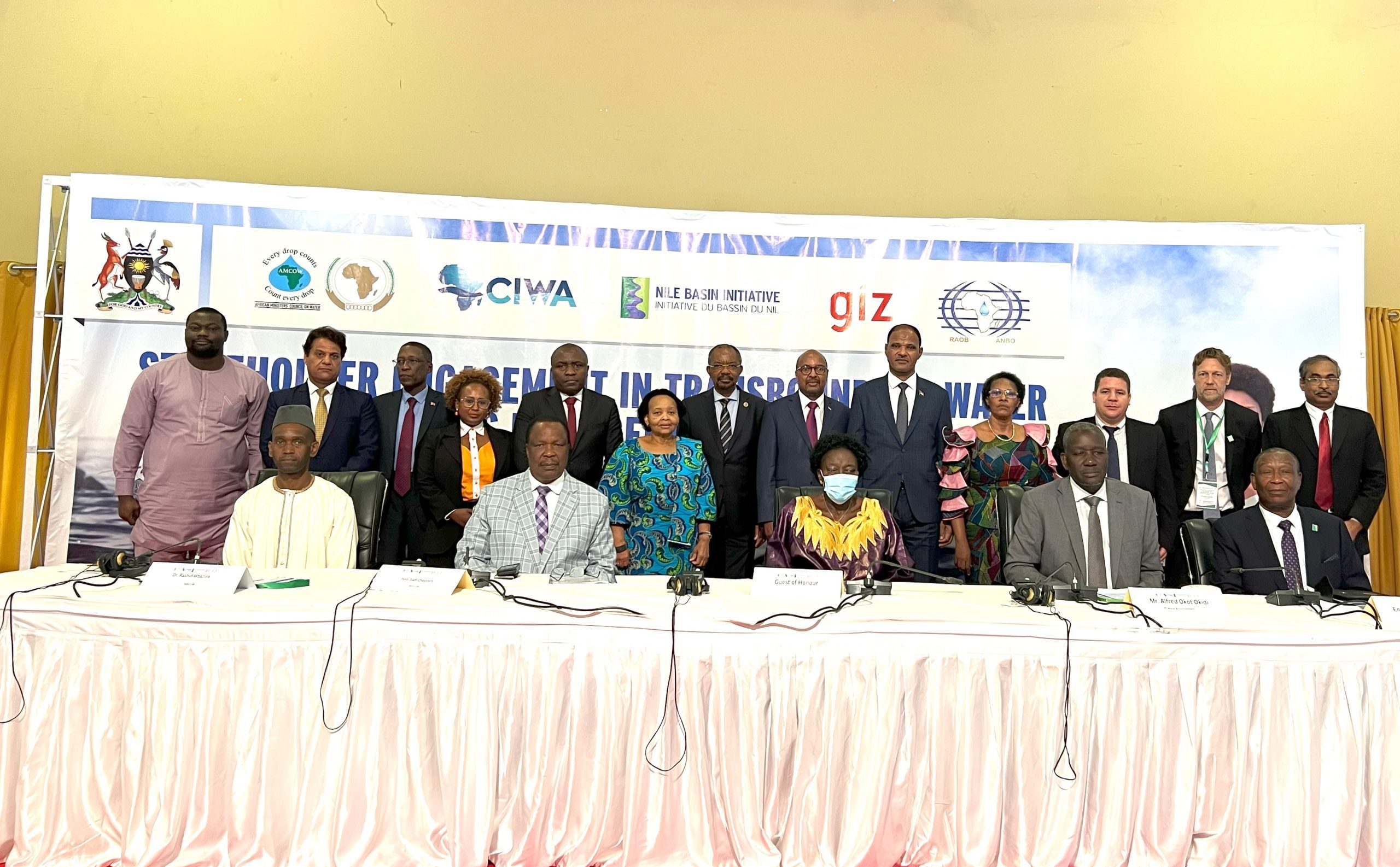April 16, 2024
The African Ministers’ Council on Water – AMCOW Northern Africa Sub-Regional Ministerial Consultation commenced on 16 April 2024, per the Council’s Rules of Procedures to determine regional water resource priorities. Hosted by the Arab Republic of Egypt, the event brings together esteemed delegates, the Technical Expert Committee (TEC), and the Technical Advisory Committee (TAC) members from Northern Africa. Dr Tahani Sileet, the Minister Assistant for International Cooperation at the Ministry of Water Resources and Irrigation, Egypt and AMCOW TAC Chair, led the meeting.
The two-day meeting, scheduled for April 16-17, 2024, featured a comprehensive agenda to encourage collaboration, review ongoing initiatives, and set strategic priorities for water resources management in Northern Africa. The provisional agenda, outlined meticulously, encompasses various sessions focusing on critical aspects of water governance, the financial sustainability of AMCOW, regional cooperation, and continental engagement.
The opening session saw esteemed dignitaries and representatives delivering remarks, including Prof. Dr Hani Sewilam, Minister of Water and Irrigation of the Arab Republic of Egypt and AMCOW President, who opened the event, highlighted the challenges that Africa faces in managing water resources, and called for concerted action to address them effectively. Dr. Tahani Sileet, AMCOW TAC Chair, warmly welcomed participants, emphasising Egypt’s commitment to regional collaboration in water resource management.
Key sessions throughout the consultation included an overview of regional priorities, implementation of council decisions, and discussions on improving continental reporting. Participants engaged in constructive dialogue, sharing insights and perspectives to enhance water governance frameworks and address the region’s unique challenges.
The agenda for the second day focused on reviewing programs and projects, updating continental initiatives, preparing for continental and global events, and considering the annotated agenda. With a packed schedule ahead, delegates were poised to indulge in developing key messages and a common position ahead of the 10th World Water Forum in Bali. Also, the region held a closed session to nominate the countries to represent the region in the AMCOW Governing Council from 2025 to 2027.
Africa must seize the opportunities presented by the upcoming continental and global events, such as the 10th World Water Forum, World Water Week, Africa Water Week and Cairo Water Week. These are good opportunities to raise the profile of Africa’s water sector on broader stages, says Prof Sewilam. Dr. Tahani Sileet, AMCOW TAC Chair, echoed these sentiments, emphasising the critical objectives of the consultation and urging active participation from all stakeholders to ensure its success.
In his vote of thanks, the AMCOW Vice Chair for North Africa and TAC member for Mauritania, Mr Gaye Assene, applauded Egypt and the Secretariat for organising such a consultation. He affirmed the region’s willingness to work together to achieve Africa’s water agenda. In closing, Dr Tahani thanked every participant for coming to Egypt and emphasised that this was a memorable event – having the representation of all the countries.
